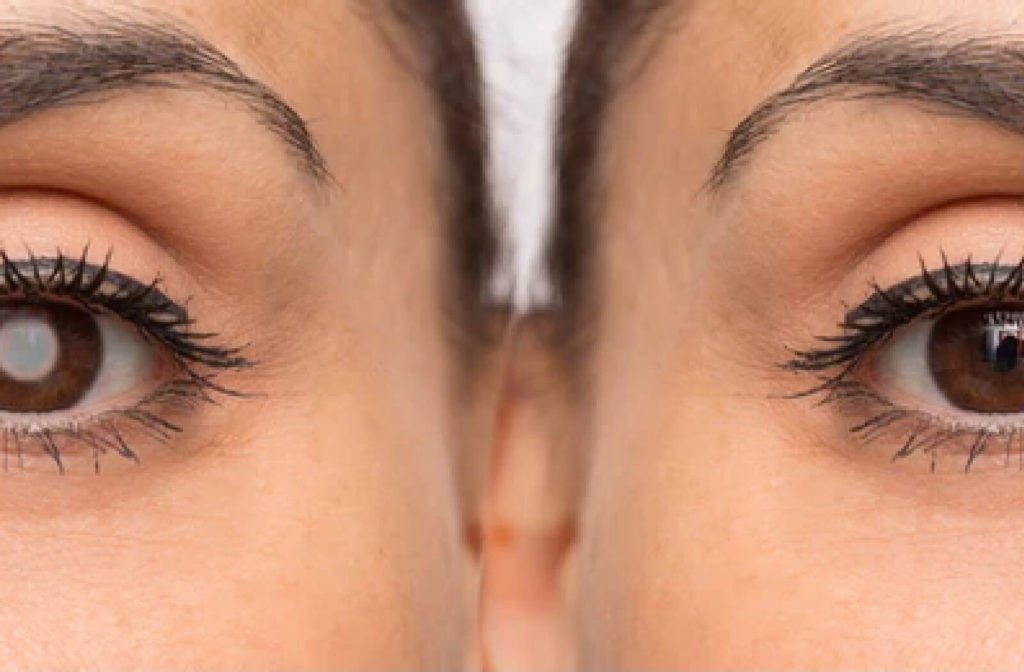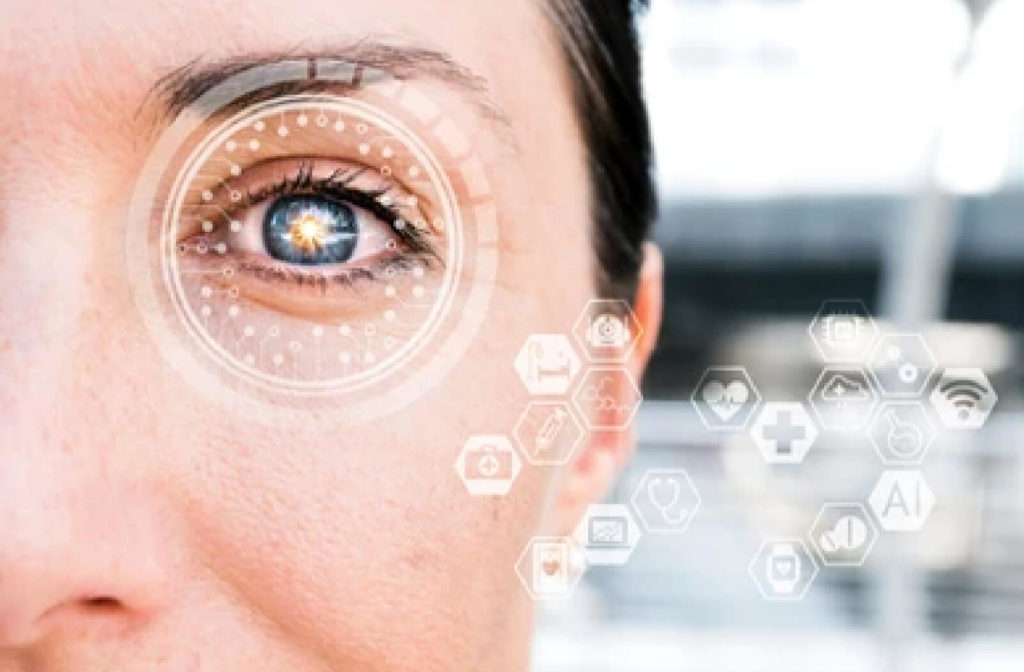Over 2 million Canadians live with diabetes, a group of diseases that affect how your body uses blood sugar (glucose). This disease increases your risk of developing several eye diseases, requiring you to care for your eye health and vision.
The blood vessels in the back of your eye are sensitive to damage caused by high blood sugar. Your vision and eye health are at risk when your blood sugar levels are too high for long periods. Diabetes can affect your vision, placing your eye health at risk if this disease isn’t managed well.
With this in mind, how can you prevent diabetes from affecting your eyes?
Continue reading to learn more about diabetes and your eye health, including 5 helpful tips to help prevent diabetes from affecting your eye health.
How Can Diabetes Affect Your Vision?
Diabetes can affect your vision in many ways. You may experience blurry vision when complications arise, but the development of more significant conditions is possible. This disease increases your risk of several eye health problems, including diabetic retinopathy, diabetic macular edema, cataracts, and glaucoma.
Blurry Vision
Blurry vision can make it harder to notice details when looking at something in front of you. Several causes of blurry vision relate to diabetes. One possibility is that your blood sugar level is not in the right range—it may be too high or too low.
Another cause of blurry vision is the leaking of fluid into the retina. This leakage causes the eye’s lens to swell and change shape, making it harder to focus. You may also experience blurry vision when you begin insulin treatment.
Diabetic Retinopathy
Diabetic retinopathy is a complication that can affect someone with type 1 or type 2 diabetes. This condition can lead to significant vision problems, but many people don’t notice symptoms until later stages. Diabetic retinopathy can lead to severe vision loss.
You’re more likely to develop this condition if you have had diabetes for a long time and do not manage your blood sugar well. In the early stages of diabetic retinopathy, blood vessels in the eye weaken, bulge, or leak into the retina.
As this condition progresses into later stages, blood vessels can close off and cause newer, abnormal vessels to grow. These blood vessels may leak into the centre of the eye, known as the vitreous. Scar tissue may develop from the growth of these new blood vessels, putting the retina at risk of detachment.
Diabetic Macular Edema
Diabetic macular edema is a complication of diabetic retinopathy. This condition occurs when leaking fluid causes swelling in the centre of your retina, known as the macula. The ongoing damage to the blood vessels of the retina causes this swelling.
Without proper management, diabetic macular edema can lead to irreversible vision loss.
Cataracts
Your eye’s lens begins to cloud as a cataract develops. This condition is typically age-related, but diabetes can cause you to develop cataracts at an earlier age. You may not notice signs of a cataract at first, but eventually, it can feel as if you’re looking through a frosted window.
Cataracts are usually treatable with brighter lighting or a stronger glasses prescription in earlier stages. As cataracts progress, surgery is typically the only option to help you see clearly again.
Glaucoma
Glaucoma is a group of progressive diseases that damage the optic nerve. With time, glaucoma can lead to irreversible vision loss. This disease typically progresses with little to no symptoms until your vision is affected.
You’re more likely to develop glaucoma if you have diabetes. Primary-open angle glaucoma is the most common form of this disease. It occurs when fluid can’t drain from the eye properly, causing a build-up of pressure that damages the optic nerve.
Glaucoma can affect your eyes in many ways. These issues typically develop when blood sugar isn’t managed effectively. How can you take care of your eye health when you have diabetes?

5 Tips to Help Prevent Diabetes From Affecting Your Eyes
While diabetes can increase your risk of several eye diseases, effective management of your diabetes can help reduce your risk of developing these issues. There are many ways you can help preserve your vision.
Quit Smoking
While smoking is damaging overall, it can negatively affect your eyes if you have diabetes. You double your risk of cataracts and increase your risk of diabetic retinopathy when you smoke cigarettes.
Exercise
Exercise is essential for maintaining your health. Moderate exercise can help lower your blood sugar and blood pressure while raising your good cholesterol. You don’t need to complete strenuous exercise either—around 30 minutes a day is sufficient.
Remember to speak with your doctor before beginning a new fitness program.
Manage Your Blood Sugar
High blood sugar can alter the shape of your eye’s lens, causing blurry vision. When blood sugar is too high for too long, it can damage the blood vessels in your retina. Maintaining your blood sugar levels can help prevent diabetes-related eye diseases.
Take Care of Yourself
Taking care of your health is important, especially if you have diabetes. You can protect your vision by maintaining your blood pressure and cholesterol levels. Eating a healthy diet and taking any necessary medication is beneficial for your eye health.
Visit Your Optometrist Regularly
Regular eye exams are essential when you have diabetes. Many eye diseases can develop with minimal symptoms—you may see fine but have problems developing without your knowledge. Seeing your eye doctor can help them catch early signs of eye disease and track the progression of any current issues you’re facing.
An annual eye exam is ideal if you have diabetes, but your optometrist may want to see you more frequently. Listen to their recommendation and book your appointments accordingly.
While diabetes can significantly impact your eye health and vision, you can manage your condition to help prevent diabetes from affecting your eyes. With careful management and regular visits to your optometrist, you can protect your vision. Contact your eye doctor if it’s time for an eye exam or you have any concerns.



